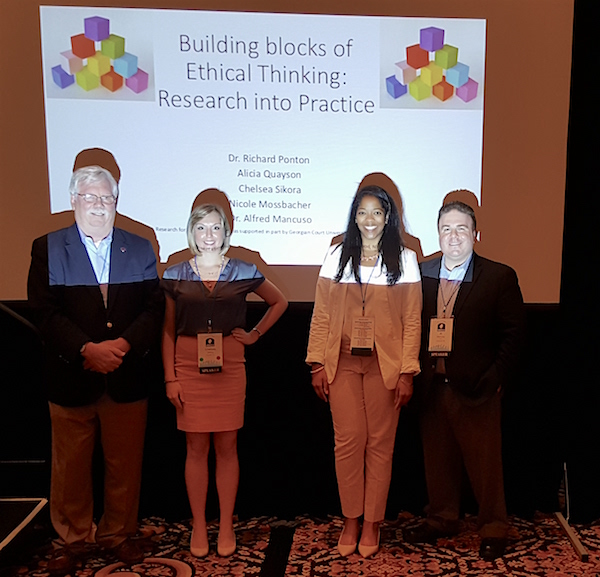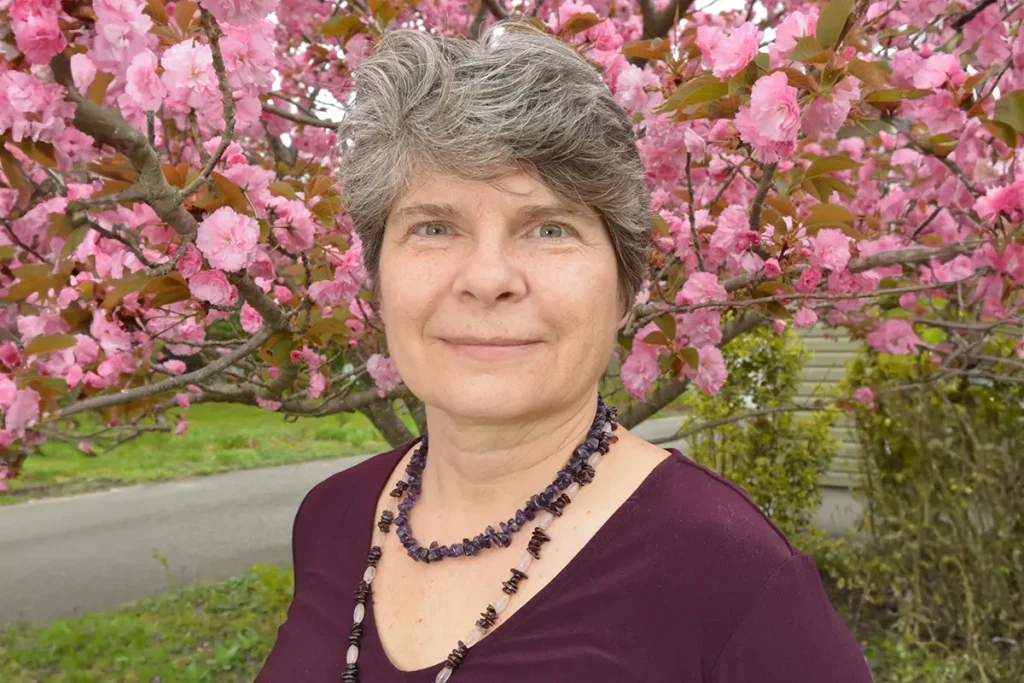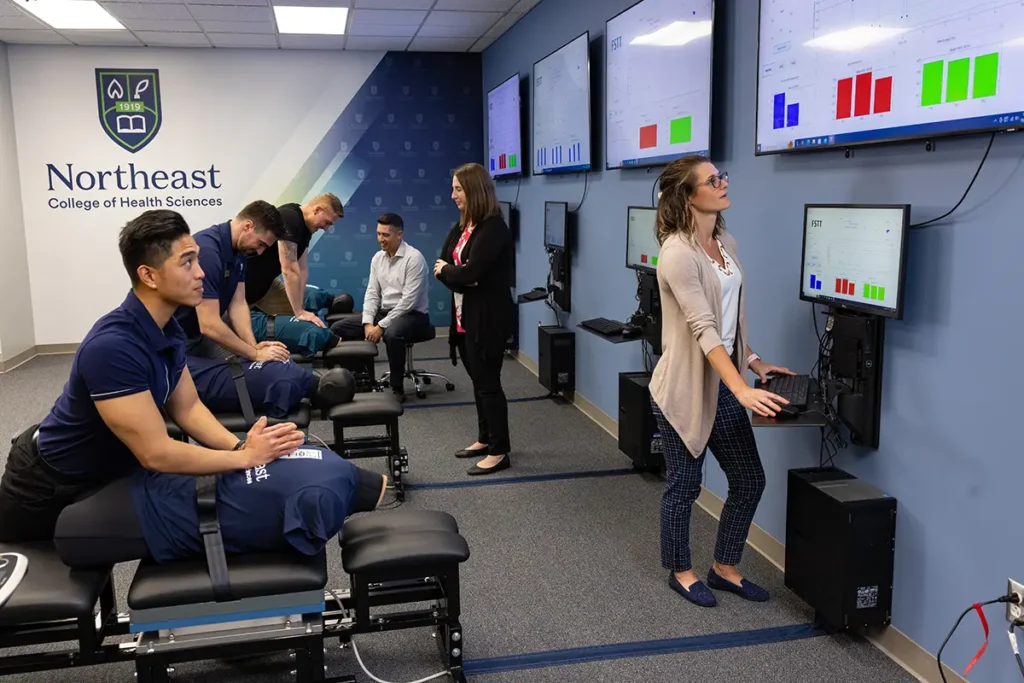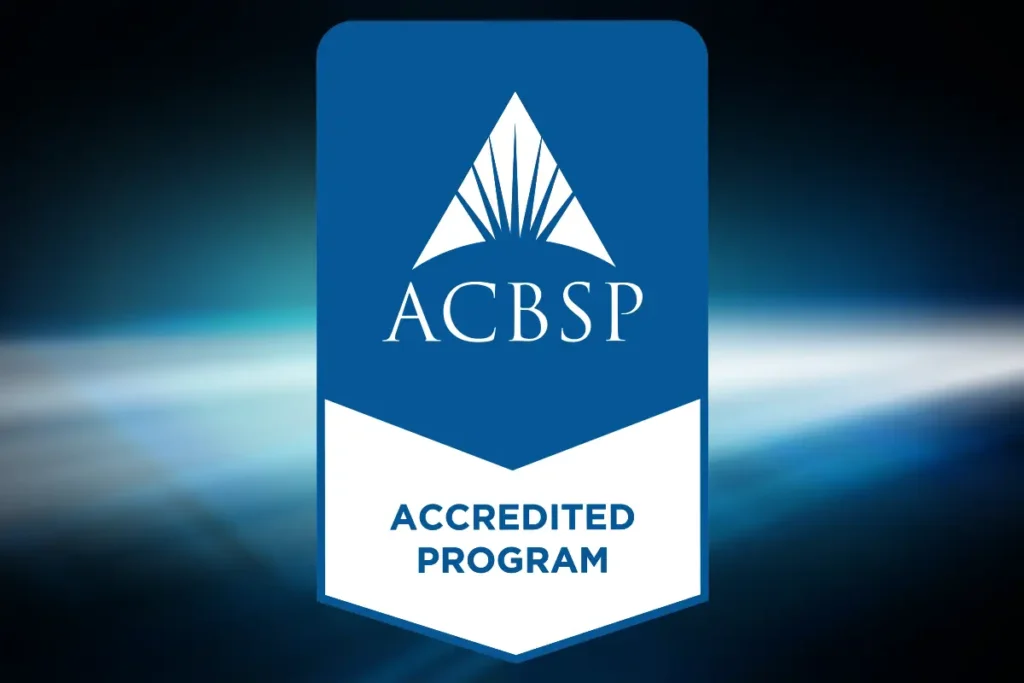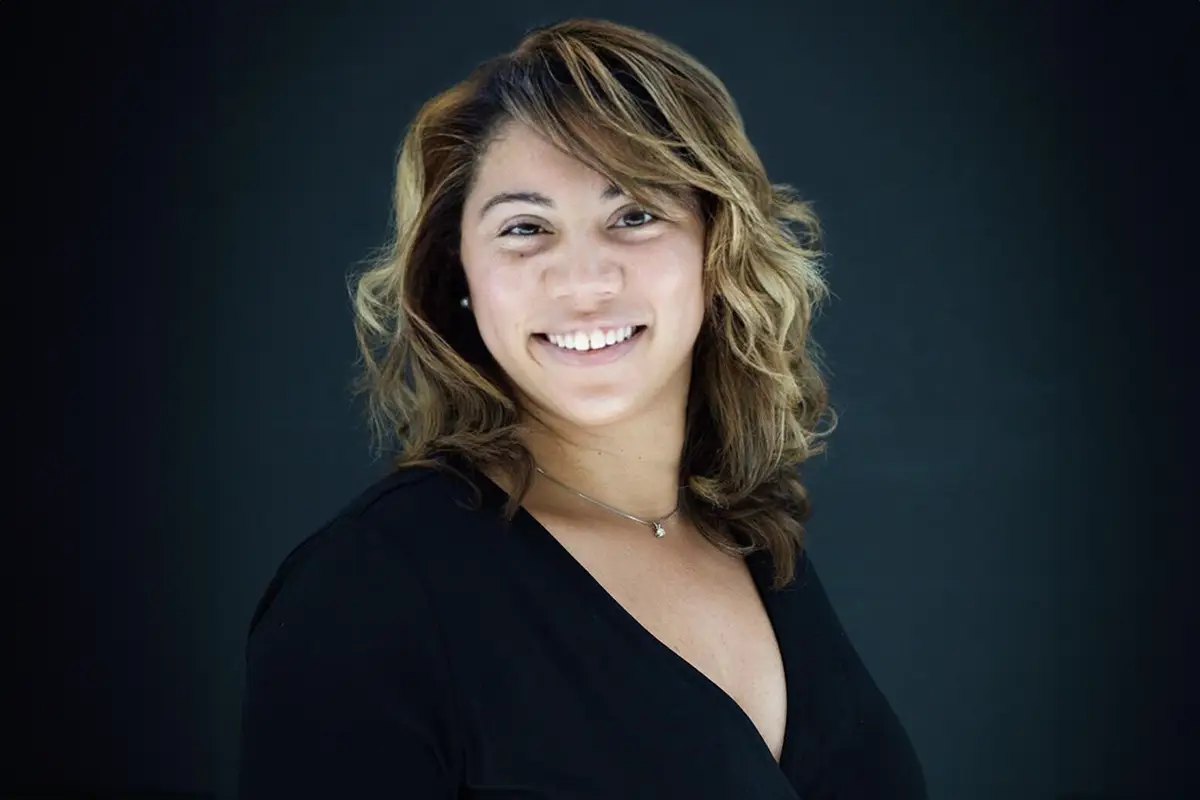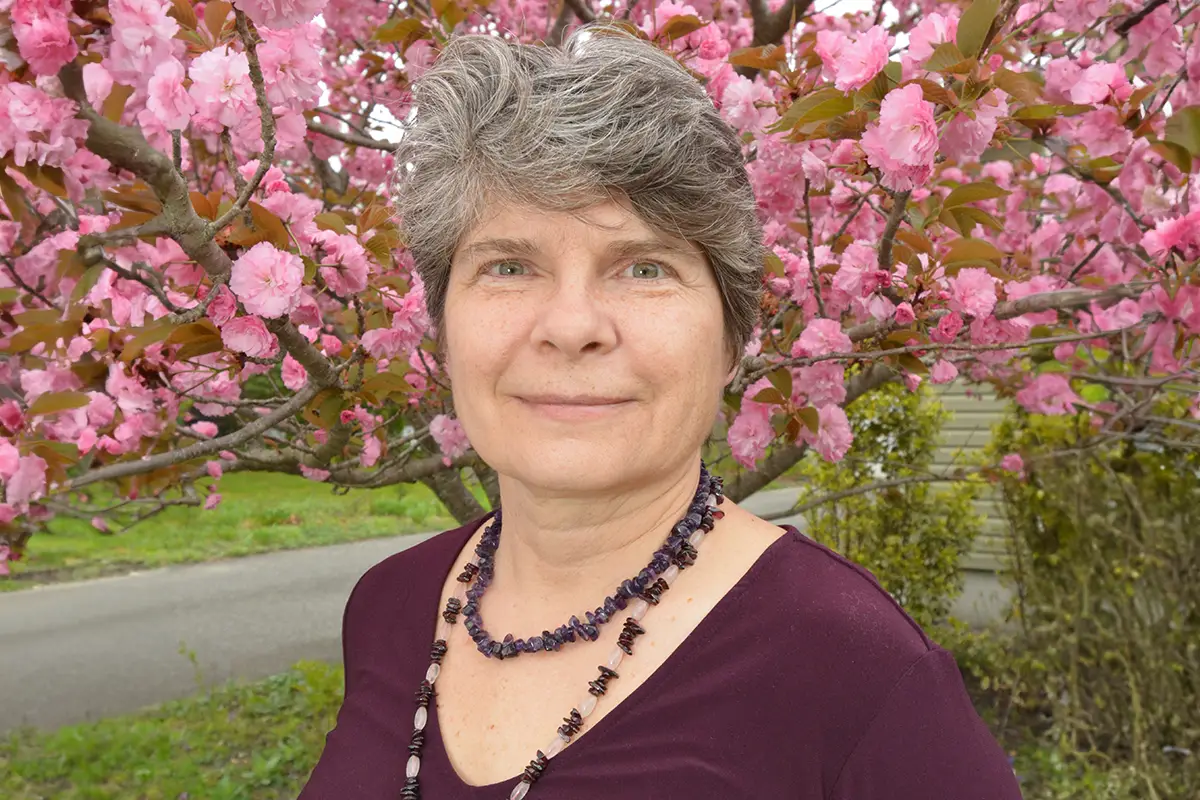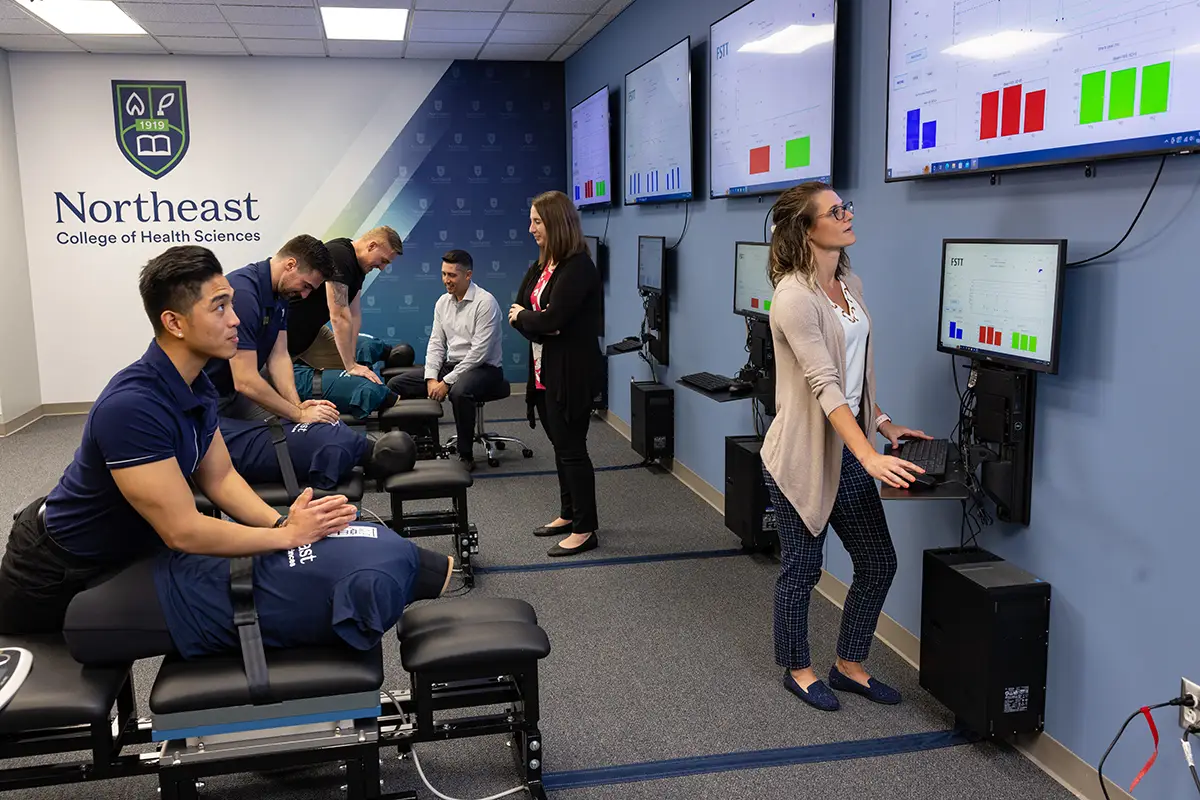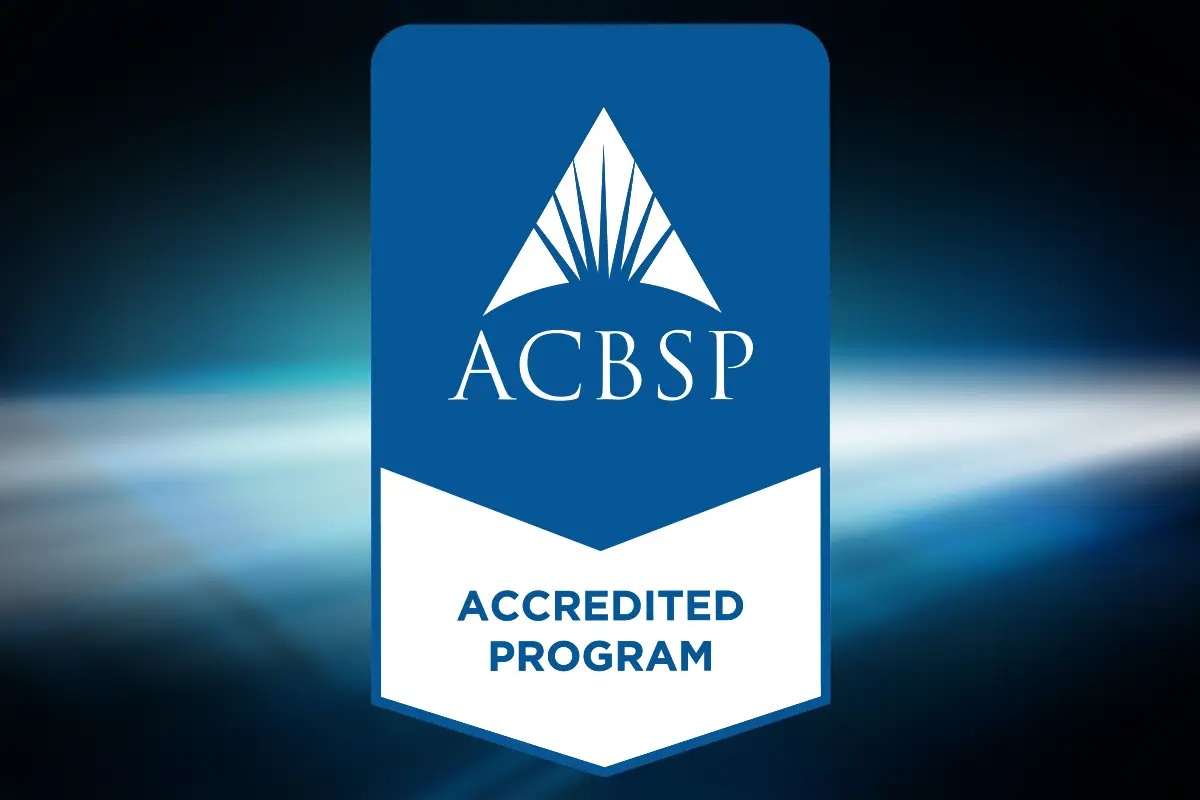For clinical mental health counselors, the relationship between one’s personal and professional ethics is critical, Georgian Court graduate student researchers Alicia Quayson and Chelsea Sikora told audiences at this year’s American Mental Health Counselors Association (AMHCA) conference.
Alicia and Chelsea, both enrolled in the university’s CACREP-accredited clinical mental health counseling program, discussed “Building Blocks of Ethical Thinking: Research into Practice.” Their research included the work of classmate Nicole Mossbacher and explored results from a study on counselors’ ethical thinking.
“Presenting was exhilarating and fulfilling all at once!” says Chelsea, who also earned a GCU degree in psychology in 2015. “It really inspired me to continue pursuing my passion—helping not only my future clients to better their lives, but to improve the field of counseling through research.”
Clinical Mental Health Professors Encourage Professional Meetings, Industry Involvement
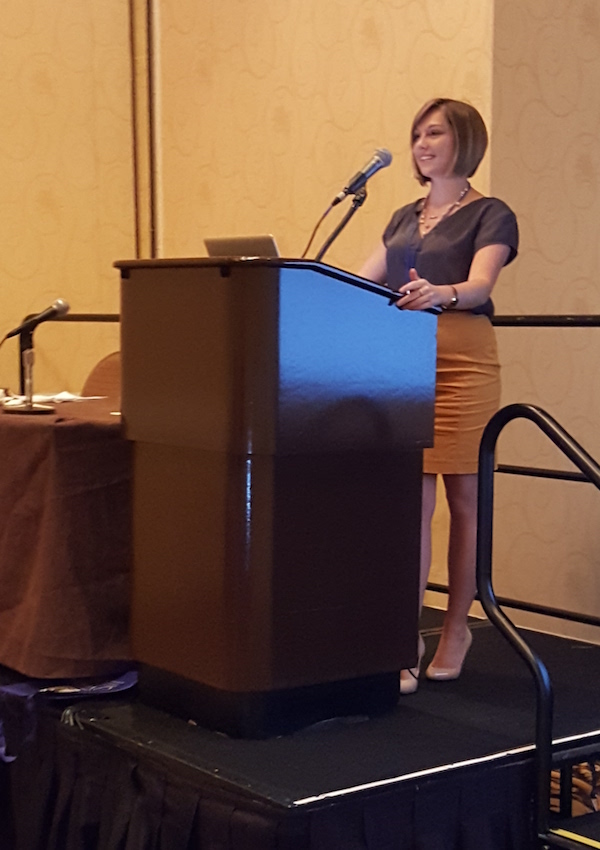
Such professional exposure is very important, says Richard Ponton, Ph.D., director of GCU’s clinical mental health counseling curriculum, which is approved by the Council for the Accreditation of Counseling and Related Educational Programs (CACREP).
“One hallmark of a profession is that it generates a body of research and disseminates that knowledge to other professionals through publications and presentations,” says Dr. Ponton.
He also attended the conference with GCU faculty member Alfred Mancuso, Psy.D., department chair for psychology and counseling.
“In the past four years, students in our clinical mental health counseling program have presented at conferences for the American Psychological Association, the American Mental Health Counselors Association, the American Counseling Association, and the New England Psychological Association, and they have co-authored research papers for psychology and counseling journals.”
High Expectations
GCU clinical mental health counseling students are expected to conduct research and participate in professional activities. In addition to completing graduate courses, many work at jobs and internships.
Chelsea, for example, coordinates GCU’s Women in Leadership Development (WILD) program and interns at the New Hope Foundation, which treats adults and teens affected with alcohol, drug, and gambling addictions.
She’s also an editorial assistant for the Journal of Mental Health Counseling.
“We prepare students for practice and leadership in the counseling profession,” says Dr. Ponton. “While some of our students will choose doctoral studies, most will engage in professional practice.
“Research, attending national conferences, and publishing are elements that enhance student engagement in the profession and promote quality care for those served by counselors.”
Networking with Professional Clinical Mental Health Counselors—for Now and Later
For Chelsea and Alicia, meeting with leading counselors at the conference was invaluable.
“It allowed us to share our research on counselor values and decision making, based on data collected from the 2015 AMHCA conference, with those who can help our research have an impact,” says Alicia, who was awarded a travel scholarship by the association.
Chelsea says the experience confirmed she’s on the right path—personally and professionally.
“I gained a lot of confidence…and see myself not only as a student, but as a future colleague to some of the best minds in the field,” she says.
“Not only did I network with other counselors who are passionate about the field, but I also had to opportunity to meet Catherine Roland, Ed.D., who is president of the American Counseling Association.
“These opportunities are priceless,” says Chelsea, “and are simply not experiences you will have if you limit learning to the classroom.”

